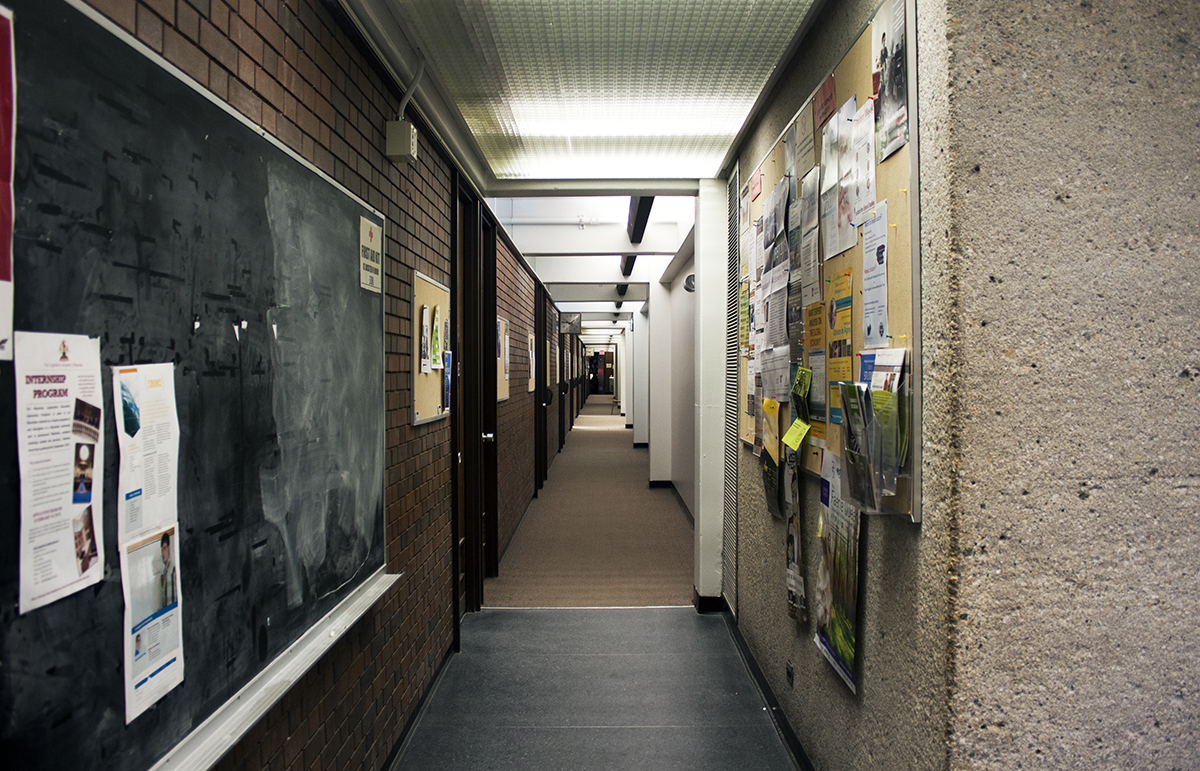The sun has set on the Manitoba government’s film and video production tax credit’s “sunset clause,” making the credit a permanent commitment.
The tax credit was set to expire on Dec. 31 of this year, but an industry working group determined the credit was needed to meet the needs of the growing film industry in the province.
The credit allows film and video projects within Manitoba to receive either 45 per cent of labour costs or 30 per cent of total production costs back.
Recent graduate of the U of M film program Sheldon Williamson said he is excited about the tax credit’s effect on the province’s film industry.
“I’d say for most people who have worked in the industry who have been here for a while, this is basically the golden age of the film industry in Winnipeg,” he said.
“There are tons of different options for students to get in.”
Since graduating, Williamson works on film and video projects in Manitoba as a part of the International Alliance of Theatrical Stage Employees (IATSE) — a labour union that includes over 100,000 members — in the sound department.
Williamson said the tax credit keeps Winnipeg competitive when producers are looking for locations to shoot, and rivals the credit offered by bigger cities.
“From what I’ve heard from one of the cinematographers from L.A. who I was working with one time, our tax credit actually rivals California’s to a certain extent,” he said.
“The tax credit, I’d say, I think it affects bigger projects more. That’s why they want to come here, because our tax credit is so good,” Williamson added.
The credit is not the only aspect of Manitoba drawing producers, according to Williamson, who says the province is well-positioned to be a popular film production location due to the range of environments it provides.
“Our province looks a lot like a lot of rural areas that […] for shooting for certain movies, especially horror, so I could see a lot more [producers] coming here,” he said.
“Especially now that it’s permanent. This promotes more productions to come here because they see that it’s not going to go away, it’s a lot safer to come and film here.”
Williamson encouraged anyone in the province who is interested in film to take advantage of the credit opportunities and to start now.
“I’d say this is the best time to get in if you want to get into the production side — all of the unions are looking for more people to join, and to grow each day,” he said.
“We actually had our first career day booth just this past weekend at the U of M, just because we’re so big now that we can actually reach out to the university and really talk to students. I’d say this is the best time for students to get in.”





